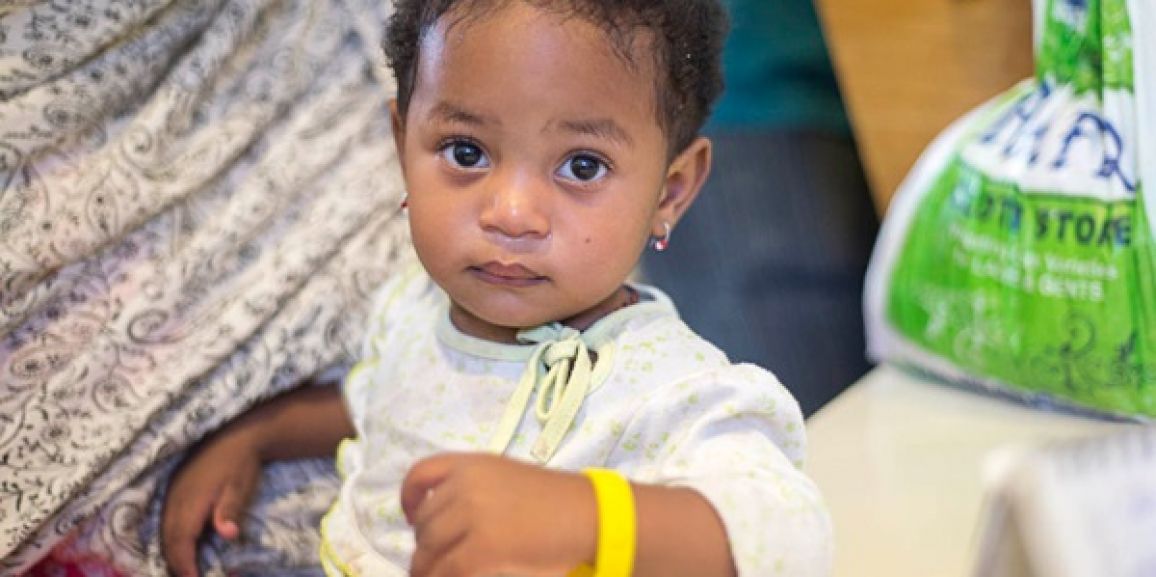
Empowering Frontline Health Workers to Improve Maternal and Child Health Outcomes
29th April 2017
Frontline Health Workers form the backbone of the health system in LMICs. They are the first contact for primary health care for millions of under served people, yet are burdened by archaic paper systems. Governments struggle to supervise this large workforce, ensure data quality and timeliness of reporting, guarantee appropriate and equitable care under low resource conditions. Time spent on paperwork undermines the quality and coverage of essential services.
Existing technology solutions are fragmented, un-scalable, functionally limited, and are not interoperable with national-level information systems. They fail to motivate health workers or clients effectively. Stand-alone technologies often do not adhere to global standards, integrate evidence-based guidelines or innovations in client and worker engagement.
A government owned and operated, enterprise-grade solution is needed to connect Frontline Health Workers to national health systems, which improves primary health care service delivery, strengthens accountability, and generates real-time data for improved monitoring and evaluation.
THRIVE
This project aims to adapt and trail an electronic information system, Open Smart Register Platform (OpenSRP), to provide an integrated health platform to improve frontline workforce efficiencies, data quality, and timeliness of RMNCH interventions to enhance maternal and neonatal health outcomes. This multi-country WHO led initiative is being managed by IRD in Pakistan, Johns Hopkins in Bangladesh and Harvard in Indonesia.
The OpenSRP platform meets the information and workflow needs of health providers, decision-makers, and the populations they serve. OpenSRP was purposefully designed with end-users, to complement and bolster other robust and widely deployed information technology solutions, including DHIS2 and OpenMRS.
This visually streamlined platform uses an intuitive design to strengthen the ability of frontline health workers to effectively deliver essential health interventions, ensuring continuity and appropriateness of care over the life course. The digital platform incorporates evidence-based content and emerging best practice mHealth strategies, such as client reminders and multimedia counselling.
It is an adaptable technology platform, supported by a WHO-led global expert community of practice, building upon robust enterprise architecture, enabling use across health domains and different frontline health cadres.

 Contact Us
Contact Us







 info@ird.global
info@ird.global
 16 Raffles Quay, #16-02, Hong Leong Building, Singapore 048581
16 Raffles Quay, #16-02, Hong Leong Building, Singapore 048581
 Designed by The Brand Crew
Designed by The Brand Crew